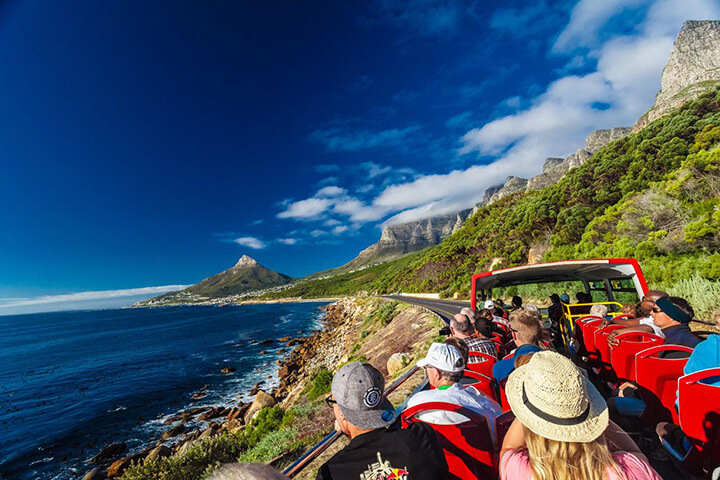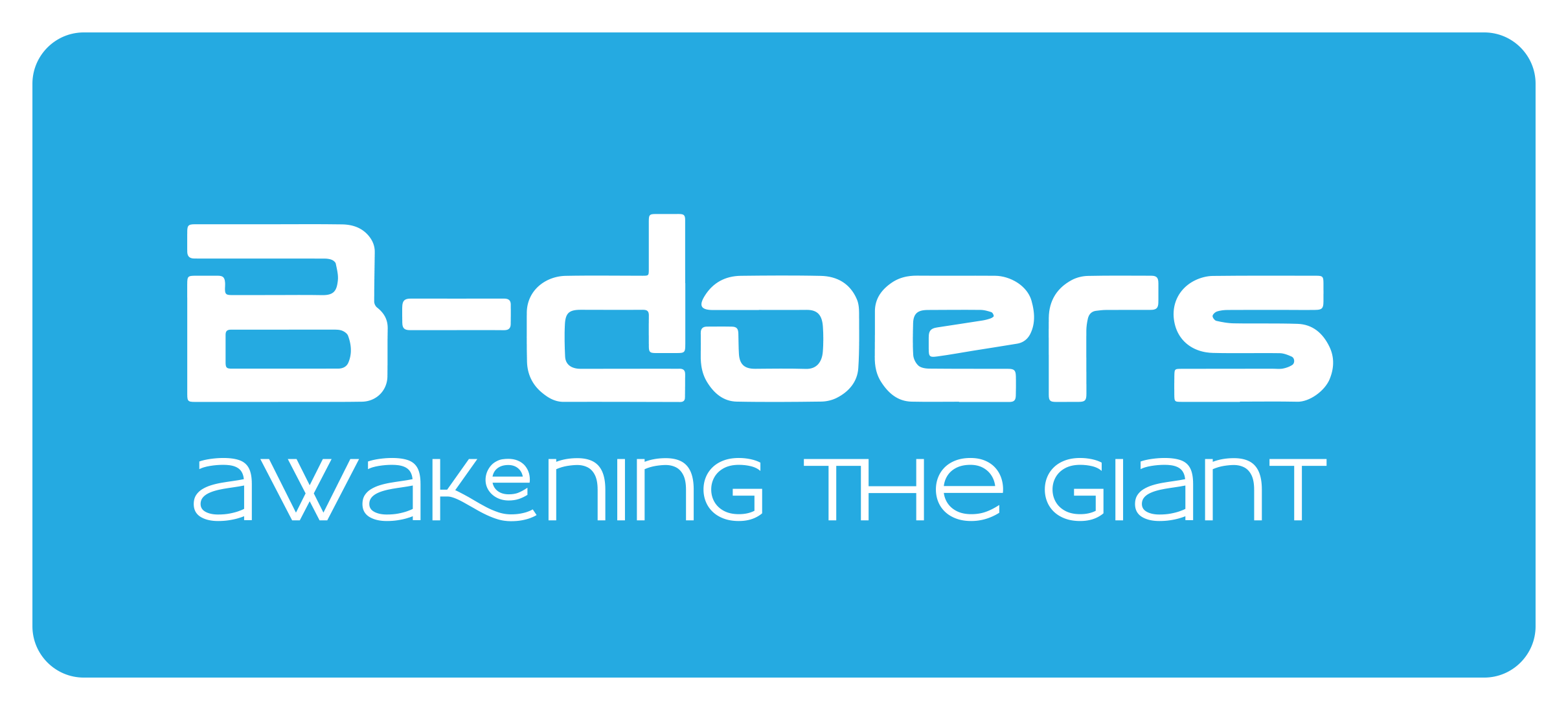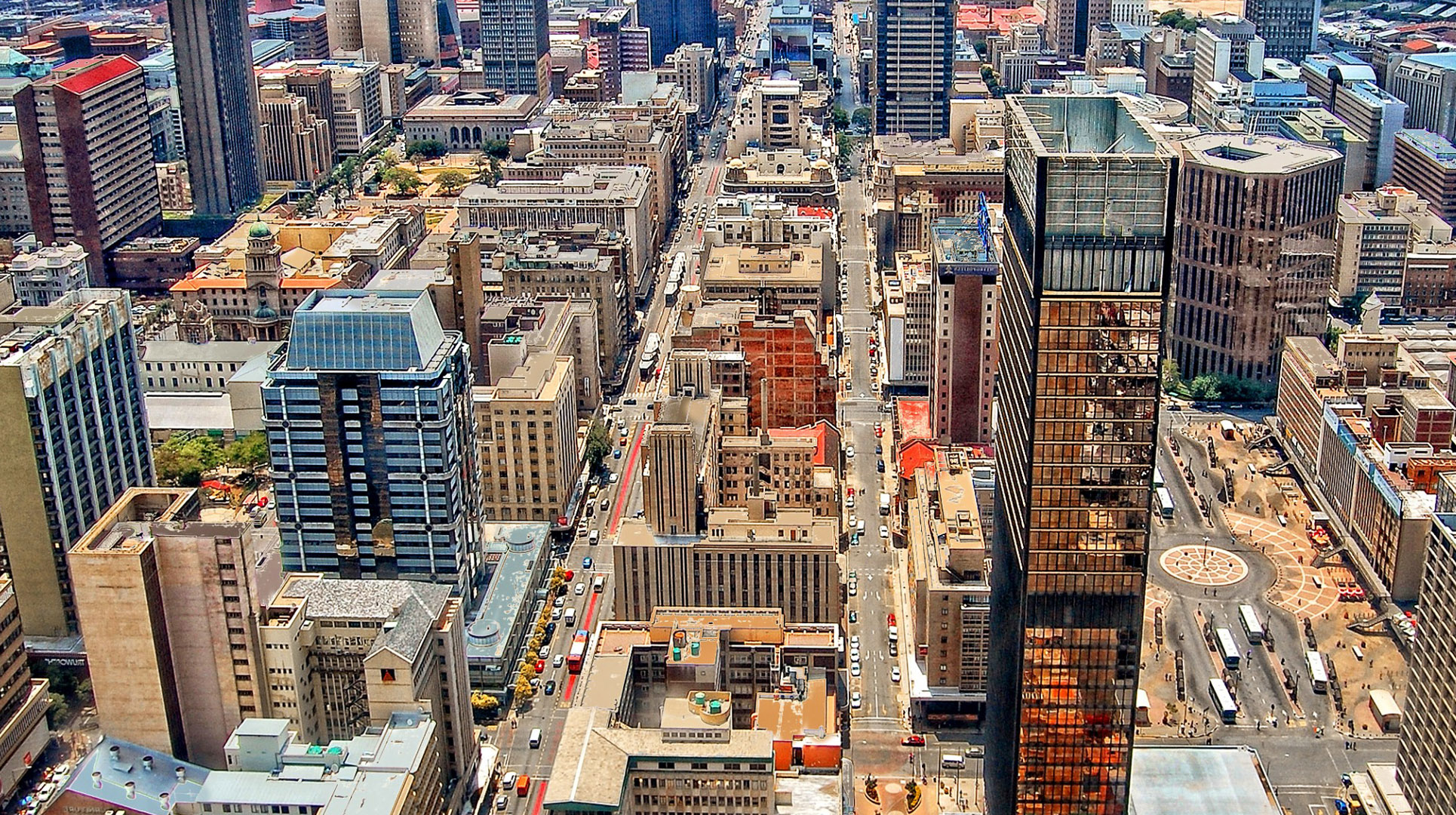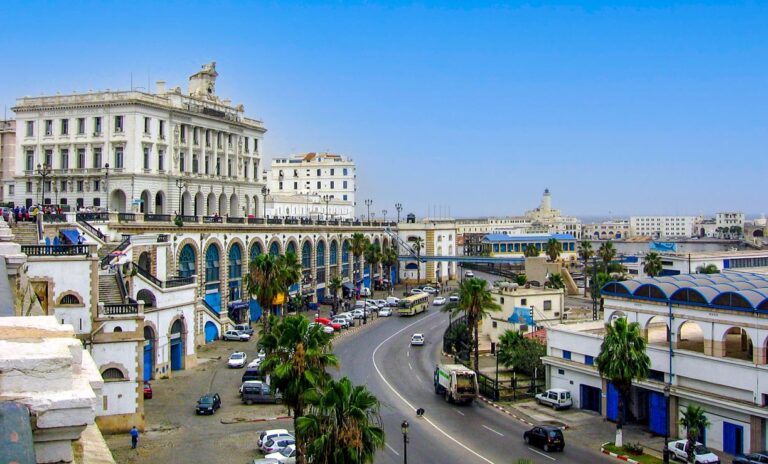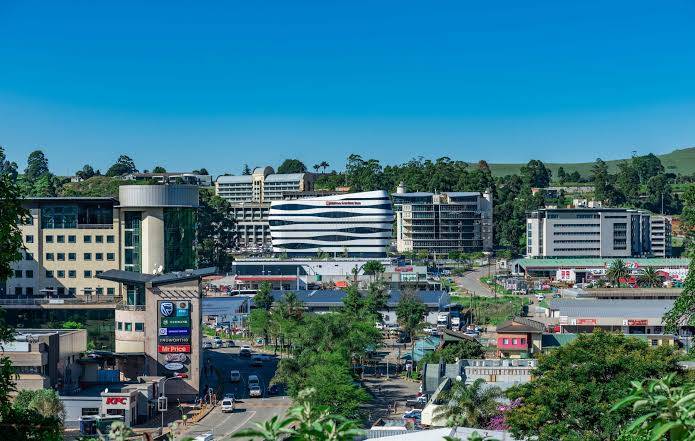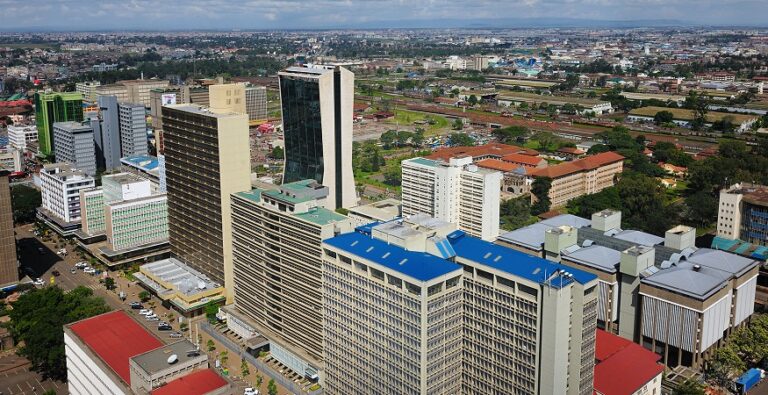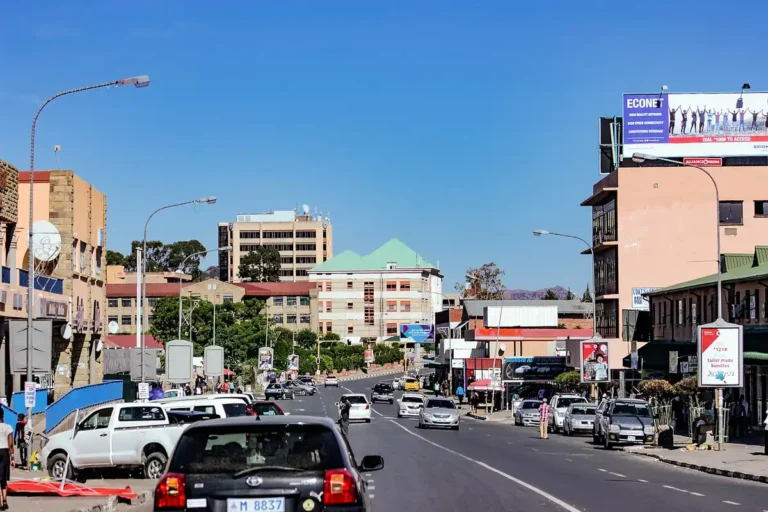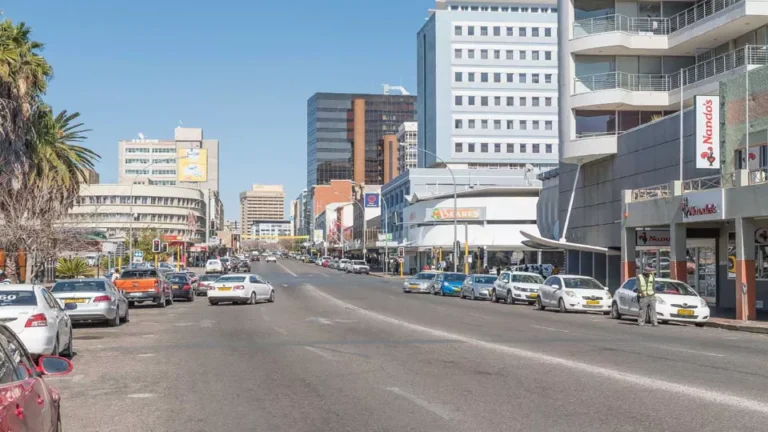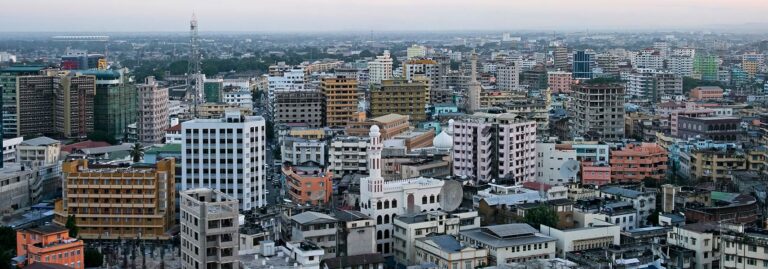South Africa is in southernmost Africa, with a coastline that stretches more than 2,500 km (1,553 mi) and along two oceans (the South Atlantic and the Indian) the population of the people in South Africa is 61,547,060 as of Monday, July 3, 2023, based on Worldometer elaboration of the latest United Nations data.
Pretoria is the administrative capital, whereas Cape Town is the legislative capital due to its location as the seat of Parliament. Bloemfontein has long been considered as the judicial center of South Africa. Johannesburg is the largest city and the location of the Supreme Court.
Matamela Cyril Ramaphosa is a South African businessman and politician who, since 2018, has served as the fifth democratically elected president of South Africa, as well as president of the African National Congress (ANC) since 2017. Previously an anti-apartheid activist, trade union leader, and businessman, Ramaphosa served as secretary general to ANC President Nelson Mandela, deputy president to President Jacob Zuma, and chairman of the National Planning Commission from 2014 to 2018.
The South African economy is essentially based on private enterprise, but the state participates in many ways. Through the Industrial Development Corporation and other various development among the different areas and regions in the country. South Africa remains a dual economy with one of the highest, persistent inequality rates in the world, with a consumption expenditure Gini coefficient of 0.63% in the country.
The country’s largest companies that generate a lot of income in the country include Anglo American with almost revenue of $27.6 billion which has enabled the development of the country thus creating employment opportunities for the youth in the country hence fighting crime rates amongst the children in the country at large.
Youth in South Africa (14-35 years) constituted 37% of the population in 2010, numbering 19.1 million individuals.
The Country Strategy Paper (CSP 2018-22) is prepared based on extensive consultations with the Government of South Africa (GOSA), development partners the private sector, and the civil society. The CSP coincides with the Banks’ renewed effort to step up the implementation of its Ten Year Strategy through a sharper focus on the High 5 priorities.
The South African government reliably invests in the private sectors and investors to boost the government economy thus developing the country and the country’s visions and into the civil society and private sectors with the aid of the Bank of African development bank group funding all the investments in the country thus generating more infrastructures and revenues in the country system. South Africa is in an ideal position to take on board one of the key lessons of the international experience; namely, that successful rural farming areas, and a “black” South Africa consisting of the former Bantustans. … Development and land reform programs in conceptual and strategic terms. The issue of land forms the basis of development in many rural areas as well as commercial farmland in South Africa.
Business opportunities in South Africa
South Africa is a country with a diverse and developed economy, making it an attractive destination for foreign investors.
Investment opportunities in South Africa include the mining, manufacturing, and services sectors. The mining sector is a significant contributor to the country’s economy, with South Africa being a major producer of precious metals and minerals. The manufacturing sector is also well-developed and includes a wide range of industries, from automotive to textiles. The services sector, which includes finance, real estate, and tourism, is also a key contributor to the economy.
